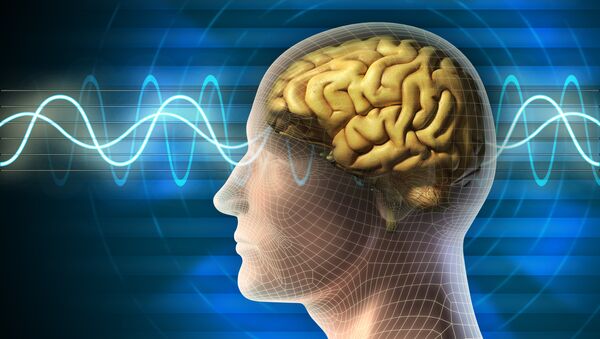MOSCOW, October 7 (RIA Novosti) - A four-year medical study into near-death and out-of-body experiences conducted by scientists at the University of Southampton has found that some levels of awareness may continue in people after they are clinically dead.
"CA [cardiac arrest] survivors commonly experience a broad range of cognitive themes, with 2% exhibiting full awareness. This supports other recent studies that have indicated consciousness may be present despite clinically undetectable consciousness," the AWARE, or AWareness during REsuscitation, study published Monday concluded.
The study named was launched by the University of Southampton"s Human Consciousness Project as an international project to study the human brain, consciousness and clinical death. The scientists spent four years examining 2,060 people at 15 hospitals in the United Kingdom, the United States and Austria, who have suffered from cardiac arrest (CA). The research revealed that some 46 percent of those resuscitated and saved after cardiac arrest had memories or awareness of the time they were clinically dead.
"We know the brain can't function when the heart has stopped beating," Dr. Sam Parnia, a former Southampton University research fellow who led the study was quoted as saying by The Telegraph.
"But in this case conscious awareness appears to have continued for up to three minutes into the period when the heart wasn't beating, even though the brain typically shuts down within 20-30 seconds after the heart has stopped," Parnia added.
According to the study, 2 percent of survivors "described awareness with explicit recall of 'seeing' and 'hearing' actual events related to their resuscitation. One had a verifiable period of conscious awareness during which time cerebral function was not expected."
The study found that CA survivors' memories of death followed seven major cognitive themes including fear, visions of a bright light, violence or persecution, deja vu and family.

